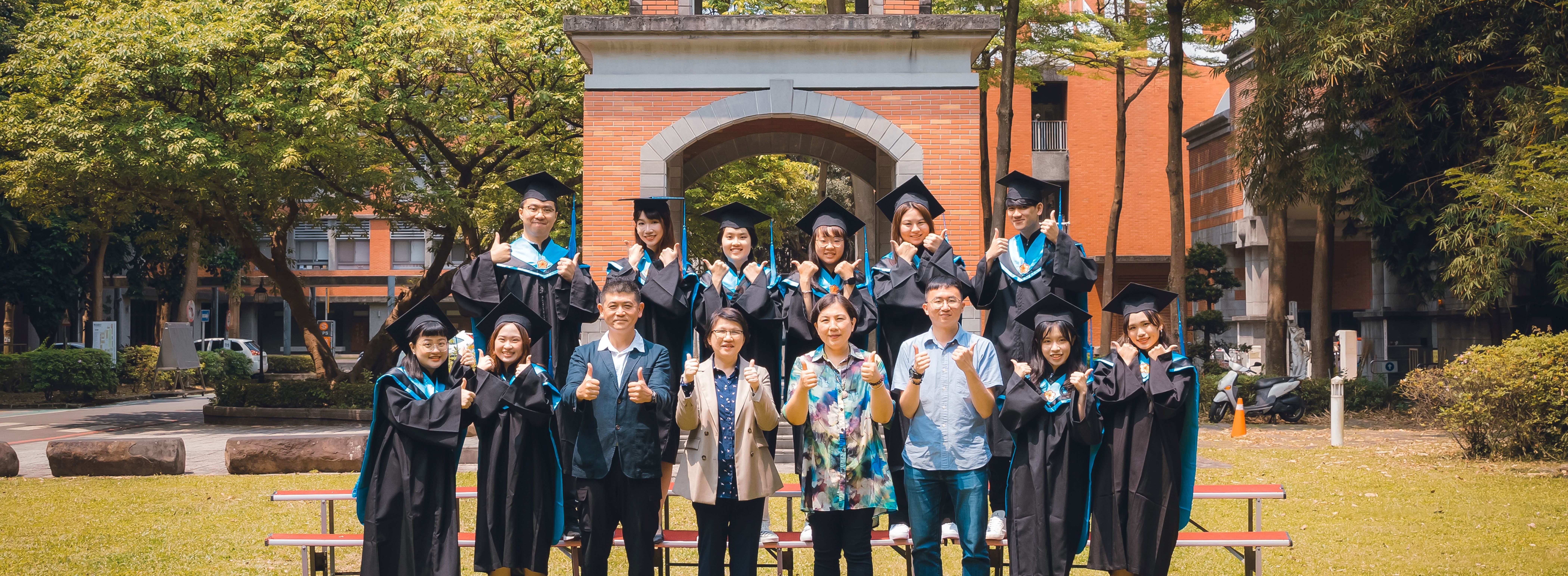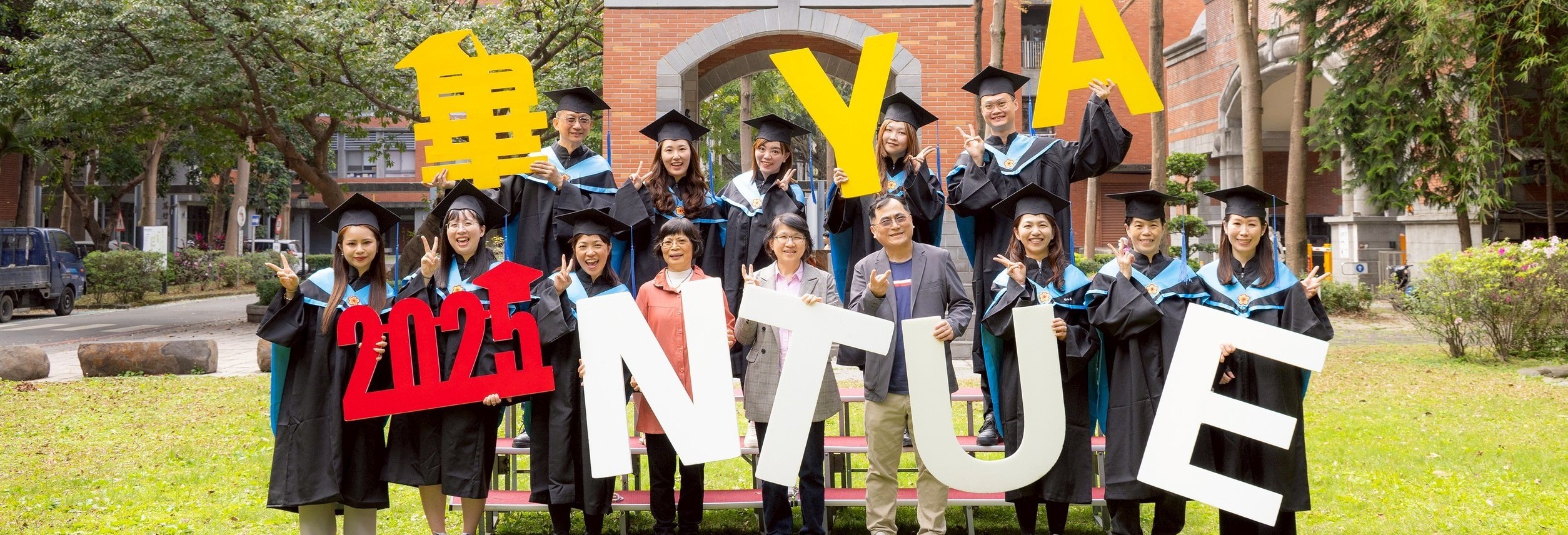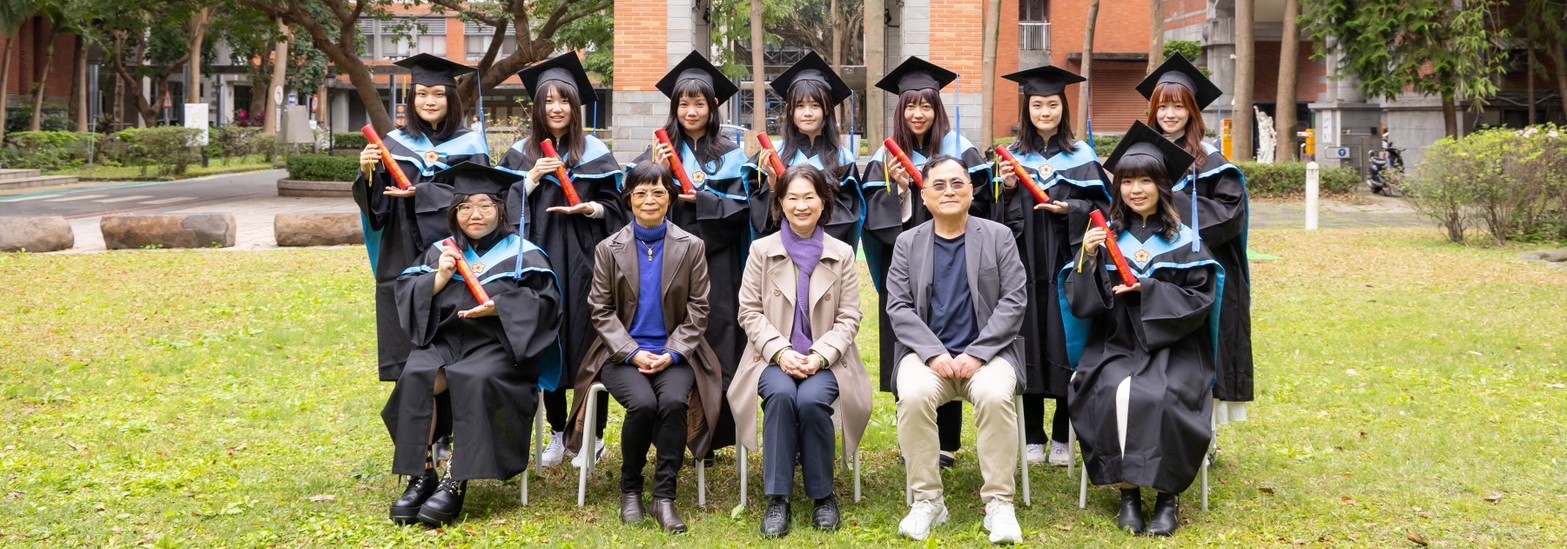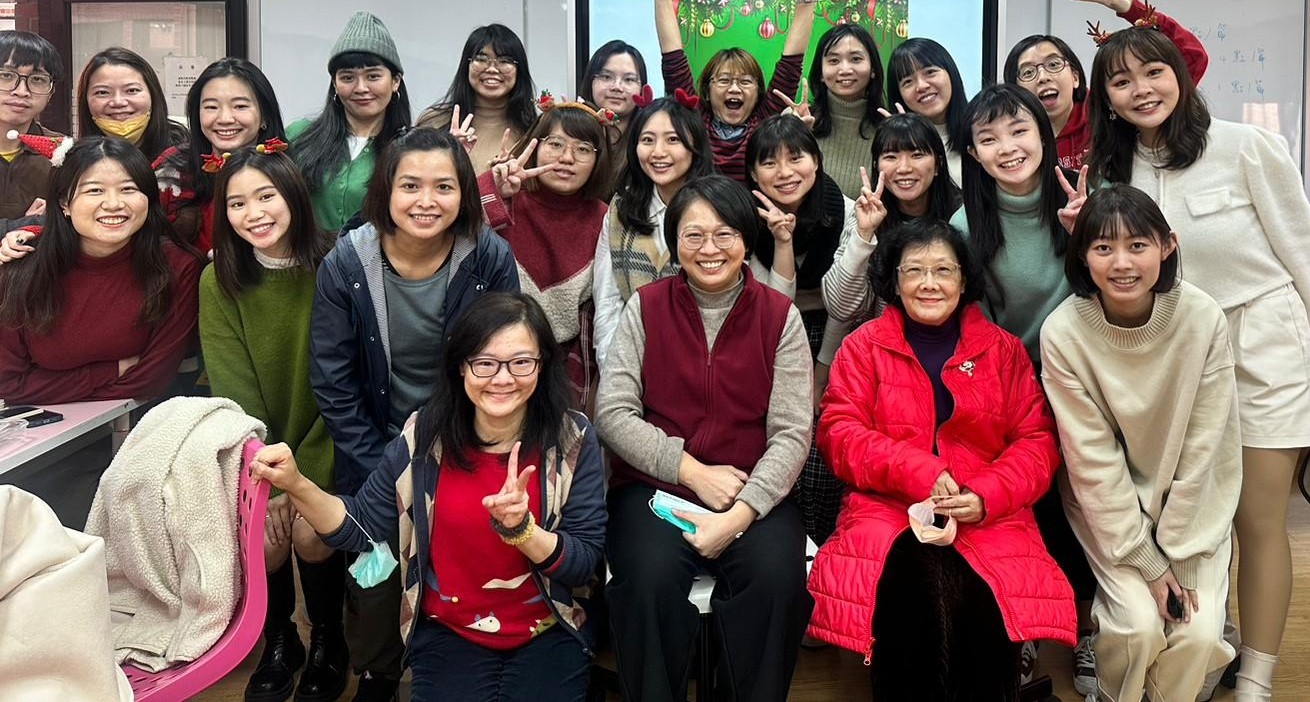View count:
37855
ect
About the Master's Program in Educational Communicationss and TechnologyI. Historical Background
This program (formerly known as the Institute of Educational Communications and Technology) was established on August 1, 1990, with the support and encouragement of President Ou-Yong-Sheng, making it the first of its kind in Taiwan. The founding director was Professor Li Zong-Wei. In August 1991, Professor Liu Yuan-Zhen assumed the position of the second director. In August 2004, Professor Li Zong-Wei returned as the third director. In August 2006, Associate Professor Qian Zheng-Zhi became the fourth director. On August 1, 2008, Associate Professor Zhao Zhen-Yi took over as the fifth director. On August 1, 2010, Professor Li Zong-Wei continued as the director.
Since its establishment, the faculty and students have strived for excellence in teaching, research, and graduate employment. In January 2004, President Zhang Yu-Cheng instructed the institute to write an application for the establishment of the “Department of Digital Content,” believing that having an undergraduate department could not only strengthen the institute but also benefit the school's development. The application for the Department of Digital Content and its integration with the Institute of Educational Communications and Technology were approved by the university council in July 2004, becoming one of the specific projects under the “university transformation.” In January 2005, the application for the Department of Digital Content was approved by the Ministry of Education. In August 94 AD, the university was restructured as an education university, and the new President Zhuang had different plans for the integration of the Department of Digital Content with the institute. Therefore, the institute remained independent until it merged with the Institute of Curriculum and Instruction in 2012.
To align with similar educational technology research institutes in the country that have undergraduate departments, the institute applied to establish the “Multimedia Creation and Animation” program, which was established in January 2009, offering courses for second-year and above undergraduate students at the university.
II. Objectives and Features
This program integrates education, Communications, and technology, serving as a connecting discipline. Through a professional and practical approach, it nurtures professionals with information and multimedia skills, combining technological expertise with humanistic ideals, to engage in educational training, instructional material development, information engineering, digital learning, media production, editing, and other related fields. Graduates can find employment in various domains, including business, industries, Communications, educational institutions, research units, etc.
One of the unique features of the Master's program is “upright management.” “Upright” refers to the administrative and instructional processes where students' learning is guided by an education philosophy that is impartial, free from vulgarity, and does not cater to popular trends. In cases of plagiarism confirmed through investigation in assignments, exams, or theses, the student will fail the subject, and their thesis exam will not pass.
“Fundamental skills” is another distinctive feature. It emphasizes students' foundational learning and character development, with the hope that students can cultivate both academic and moral virtues. Apart from specialized knowledge, students learn life principles, develop correct values, and foster positive attitudes and perspectives through various courses and activities.
III. Curriculum Philosophy
The curriculum focuses on both theory and practice, including five categories: fundamentals, instructional design and development, information application, media and Communications, and research methods. Emphasizing the need for students to possess interdisciplinary and integrative capabilities, each category has specific minimum credit requirements.
IV. Class Types
Master's Program in Educational Communications and Technology (Daytime Class)
In-Service Master’s Program in Curriculum, Instruction, and Learning Technology.
(Evening Class) (Welcoming applications from working professionals in related fields)
V. Graduation Requirements
Apart from completing the required credits based on the curriculum structure for the year of admission, Master's students must fulfill the following requirements:
Before graduation, students must publish at least one short paper jointly with their advisor in a professional academic journal or an academic conference with paper review. However, the same paper may only be counted for one student. Proof of publication or acceptance must be submitted at least before the thesis defense of the semester when the student intends to graduate. Students should complete the Graduation Requirements Review Application Form, which will be examined and approved by the Educational Communications and Technology Group.
Within one month after the degree examination, students must submit the revised and completed thesis in both hard copy and electronic format, following the university's regulations on the number of copies.
Complete the Student Handbook of the Educational Communications and Technology Group.
























